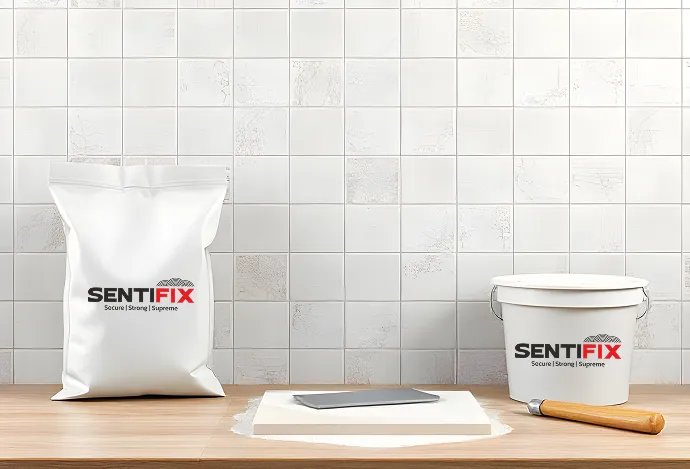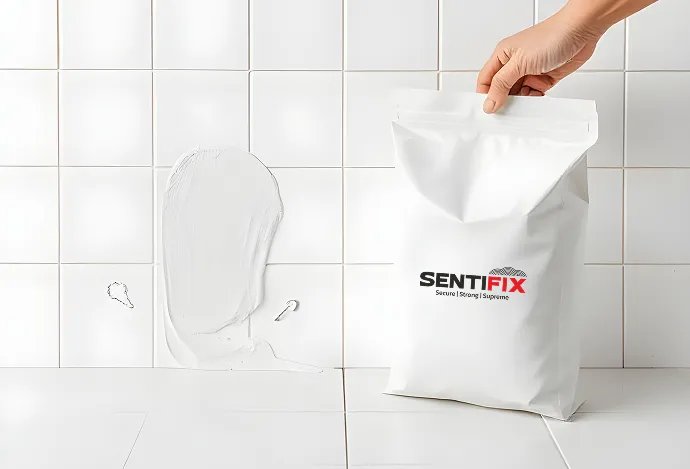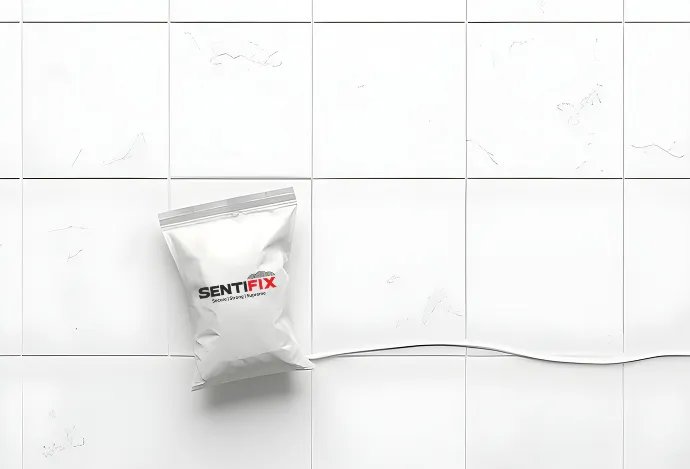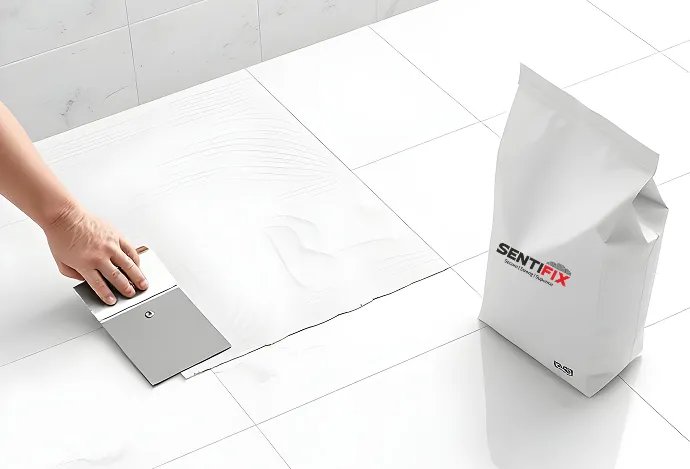Epoxy Grouts & Adhesives: Future of Tile Installation
Traditional cement-based grouts have long been used for tile installation, but they often come with issues like cracking, staining, and water absorption. Epoxy grouts, on the other hand, offer superior durability, water resistance, and chemical resistance, making them an ideal choice for modern tile installations. Their non-porous nature ensures that they do not absorb moisture, preventing mold and mildew growth, especially in high-moisture areas like kitchens and bathrooms.
Epoxy adhesives also play a crucial role in securing tiles, offering a stronger bond than traditional adhesives. They provide flexibility and impact resistance, reducing the risk of tile detachment or cracking over time. Additionally, epoxy-based products are available in a wide range of colors, allowing seamless blending with various tile designs. Although epoxy grouts and adhesives may have a higher initial cost, their long-term benefits, including low maintenance and extended lifespan, make them a smart investment for both residential and commercial projects.
For best results, always follow the manufacturer's instructions when applying epoxy grout. Proper mixing, application, and curing time ensure maximum performance and longevity.
Epoxy grouts are also highly resistant to stains, making them a preferred choice for areas prone to spills, such as dining spaces and commercial kitchens.
As the tile industry evolves, epoxy grouts and adhesives are set to become the new standard. Their long-lasting benefits outweigh traditional materials, ensuring a flawless and durable tile installation.




